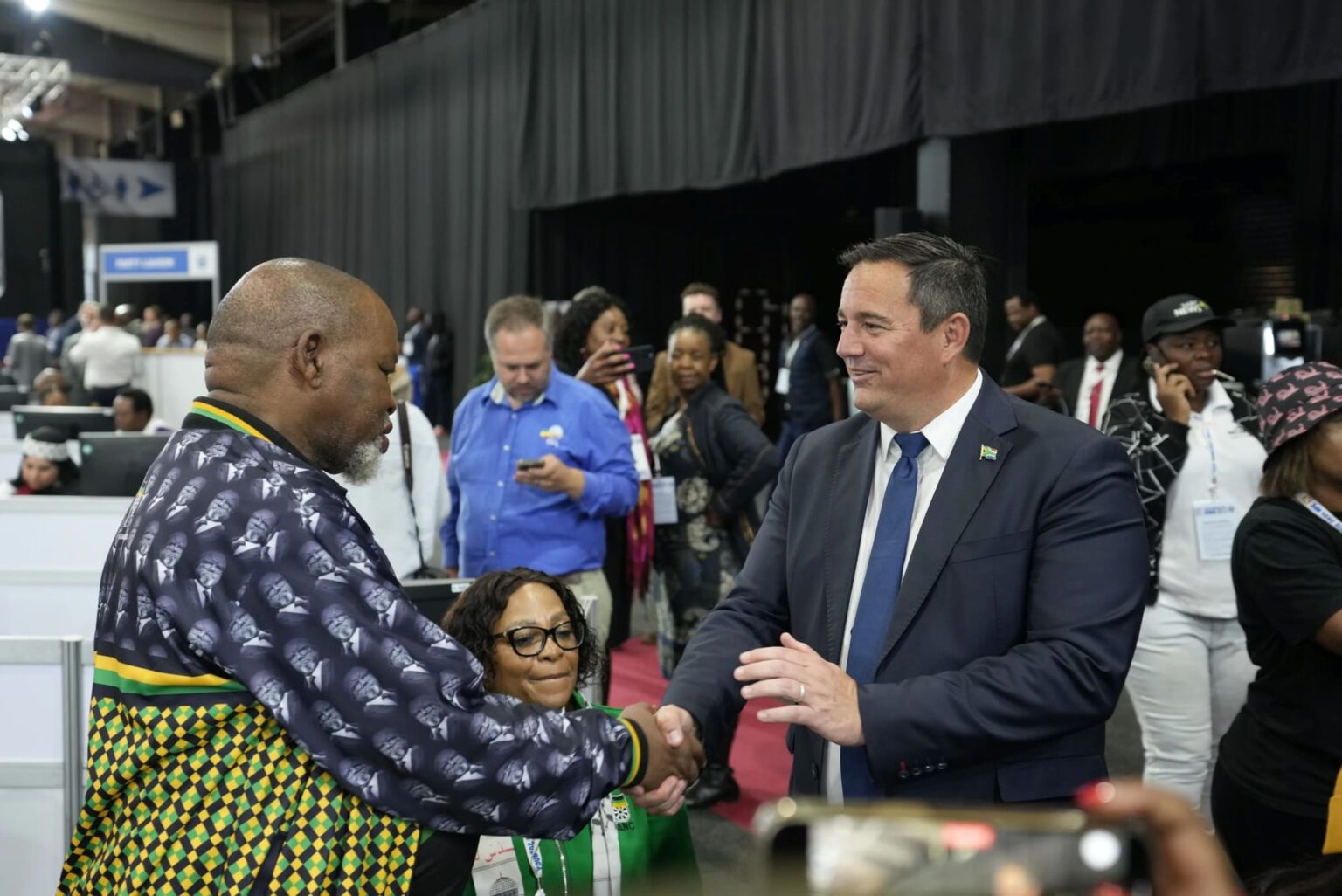JOHANNESBURG, South Africa — The ruling African National Congress (ANC) in South Africa is on the brink of losing its parliamentary majority for the first time in 30 years following an election that saw a dramatic drop in support for the party that led the country out of apartheid under Nelson Mandela.
With more than 97% of votes counted, the ANC had just over 40%, a significant decline from its previous dominance. The party has governed South Africa since the end of white minority rule in 1994, once commanding up to 70% of the vote in Africa’s most advanced economy.
Final results from Wednesday’s election are expected to be declared by Sunday, though officials suggest they may come earlier. The last vote counting continues from some of the 23,000 polling stations across the country’s nine provinces. Despite leading with the largest share of votes, the ANC is poised to fall short of a majority and will likely need to negotiate a coalition with another party to remain in government. This outcome could also impact the future of President Cyril Ramaphosa, a protege of Mandela.
South Africans vote for parties in national elections to determine the number of seats each party receives in Parliament. Lawmakers then elect the president. If the ANC does not secure 50% of the seats, it will need support from other parties to reelect Ramaphosa for a second term.
The focus now shifts to which parties the ANC might approach for a coalition. Parliament must sit and elect a president within 14 days of the final election results being officially declared, prompting urgent and likely complex negotiations.
One possible coalition partner, the new MK Party, has already stated that one of their conditions for any agreement is the removal of Ramaphosa as ANC leader and president. “We are willing to negotiate with the ANC, but not the ANC of Cyril Ramaphosa,” MK Party spokesperson Nhlamulo Ndlela said.
More than 50 parties contested the national election. Given the ANC’s shortfall, it will likely need to approach one of the three main opposition parties: the Democratic Alliance (DA), which has around 21% of the vote; the MK Party of former President Jacob Zuma, with 14%; and the Economic Freedom Fighters (EFF), with 9%. These parties have vastly different ideologies and could push the ANC and South Africa in very different directions.
The MK and the far-left EFF have advocated for parts of the economy to be nationalized, while the centrist DA is seen as a business-friendly party. Analysts suggest that an ANC-DA coalition would be more favorable to foreign investors.
Despite the uncertainty, opposition parties are hailing the new political landscape as a much-needed change for the country of 62 million. South Africa, although the most developed in Africa, is also one of the most unequal in the world. Widespread poverty and extremely high levels of unemployment have persisted, with the official unemployment rate at 32%, one of the highest globally. Poverty disproportionately affects Black people, who make up 80% of the population and have been the core of the ANC’s support.
The ANC has been blamed—and apparently punished by voters—for failing to provide basic government services, leaving millions without water, electricity, or proper housing.
“We have said for the last 30 years that the way to rescue South Africa is to break the ANC’s majority and we have done that,” said Democratic Alliance leader John Steenhuisen.
Nearly 28 million South Africans were registered to vote, with turnout expected to be around 60%, according to figures from the independent electoral commission that runs the election.
https://www.africanexponent.com/anc-on-brink-of-losing-parliamentary-majority-after-stunning-drop-in-support/


